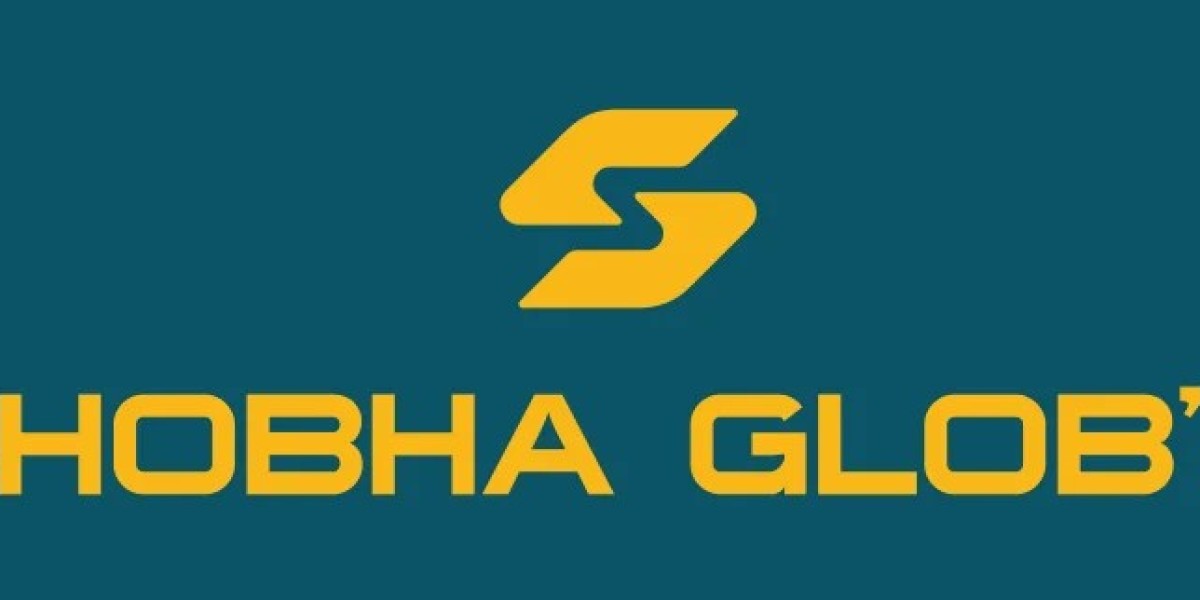Scaling a small business is exciting, but HR management often becomes a bottleneck as the team grows. Without proper systems in place, startups juggle attendance tracking, payroll, onboarding, and performance reviews manually—leading to delays, compliance risks, and employee dissatisfaction.
According to a NASSCOM report, over 63 million Indian SMEs are expected to adopt SaaS solutions by 2025 to streamline operations and improve team productivity. One of the most critical areas? Human Resources.
In this article, we’ll explore the top 5 HR challenges faced by Indian SMEs—and how modern, cloud-based HR software can solve them affordably and efficiently.
1. Ad-Hoc Hiring and Disconnected Onboarding
Small businesses often hire on an as-needed basis, without predefined roles, interview workflows, or structured onboarding. This results in inconsistent candidate experiences, misaligned expectations, and even quick resignations.
New employees may show up on Day 1 without access to essential tools, no onboarding checklist, and unclear reporting lines.
Solution:
Use an onboarding software for small businesses to streamline the onboarding process.
Structured onboarding can improve new hire retention by up to 82%, thanks to smoother handovers and defined responsibilities.
2. Manual Attendance Tracking
Still using Excel sheets or paper registers to mark attendance? Manual tracking is error-prone and impossible to manage in a hybrid or remote environment.
Solution:
Adopt a Time & Attendance Management system that supports:
Web and mobile punch-ins
Biometric or geo-fenced check-ins
Real-time dashboards for shift tracking
With automated logs, managers can view attendance in real time, and employees can manage breaks and shifts seamlessly.
3. Confusing Leave Management
Without a centralized leave tracking system, employees are left guessing how many leaves they have, and HR spends hours micromanaging approvals.
Solution:
Implement an HRMS leave management system that:
Allows self-service leave requests
Supports multi-level manager approvals
Auto-updates leave balances
This ensures transparency, reduces back-and-forth emails, and helps HR focus on strategic tasks instead of chasing spreadsheets.
4. Inefficient Payroll Processing
Manual payroll processing each month drains time and introduces compliance risks. Errors in salary breakdowns, TDS, or PF deductions often frustrate employees and invite legal trouble.
Solution:
Switch to a Payroll Software in India that:
Auto-calculates salaries and bonuses
Manages deductions (TDS, PF, ESI)
Generates payslips and Form 16 in one click
The right Payroll Management System also supports GST compliance and can integrate with tools like Tally or QuickBooks.
5. No Performance Tracking
Many startups review employee performance only once a year, often without clear KPIs or defined goals. This leads to biased evaluations and low morale.
Solution:
Use the Best HR Performance Management Software to:
Set goals and OKRs
Track achievements continuously
Run appraisal cycles with peer feedback
With a Performance Management System in HRM, your team stays motivated year-round, and you make data-driven appraisal decisions.
Conclusion
As your startup or SME scales, outdated HR practices can slow you down. But adopting modern HR tools doesn't have to be complex or expensive.
Platforms like Clan HRMS are designed for Indian small businesses—intuitive, customizable, and cost-effective.
With Clan, you can:
Stay compliant with Indian labor laws
Build stronger, more connected teams
Automate repetitive HR tasks







